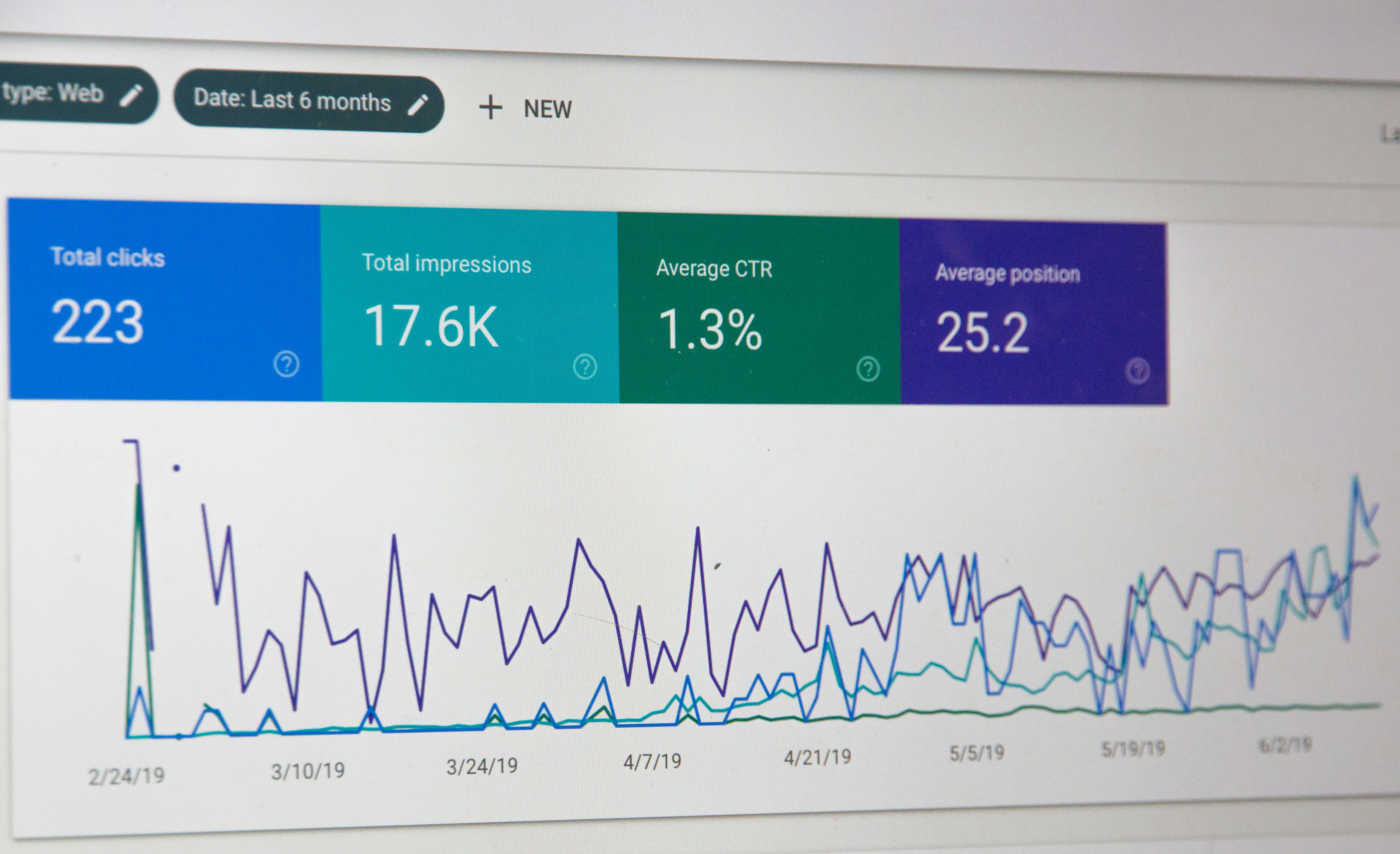Real Estate Marketing
Optimize Your Online Presence for Easy Discovery
In the digital age of real estate, optimizing your website and online profiles is a fundamental strategy to ensure potential clients can easily find you in local search results. By fine-tuning your online presence, you increase visibility and accessibility. In this article, we'll explore the importance of local optimization and provide actionable strategies for realtors to enhance their online visibility.
Unveiling the Significance of Local Optimization
Increased Visibility in Local Searches: Optimizing your website and online profiles for local search enhances your visibility when potential clients search for real estate services in their area. This is particularly crucial as many individuals turn to online searches to find local businesses.
Targeting Relevant Audiences: Local optimization allows you to specifically target audiences in your geographic area. By aligning your online presence with local search intent, you attract individuals actively seeking real estate services in your region, increasing the likelihood of meaningful engagements.
Building Trust through Local Presence: Having a strong local online presence builds trust among potential clients. When they see your website and profiles appearing in local search results, it reinforces your connection to the community, positioning you as a reliable and accessible real estate professional.
Strategies for Effective Local Optimization
Keyword Optimization: Incorporate relevant local keywords throughout your website content, meta descriptions, and online profiles. Think about phrases potential clients might use when searching for real estate in your area.
Local Business Listings: Ensure your business is listed accurately on local directories and platforms such as Google My Business. Provide comprehensive information, including your address, phone number, business hours, and a link to your website. Regularly update this information to reflect any changes.
Customer Reviews and Ratings: Encourage satisfied clients to leave positive reviews on your Google My Business and other relevant review platforms. Positive reviews not only enhance your online reputation but also contribute to higher rankings in local search results.
Location-Specific Content: Create content on your website that is tailored to your local area. This could include neighborhood guides, market trends in your city, or information about upcoming local events. This not only serves the local audience but also signals to search engines that your content is relevant to a specific location.
Mobile Optimization: Ensure that your website is optimized for mobile devices. Many users perform local searches on their smartphones, and a mobile-friendly website improves the user experience and contributes to higher search rankings.
Consistent NAP Information: NAP stands for Name, Address, and Phone number. Ensure that this information is consistent across all online platforms, including your website, social media profiles, and local directories. Consistency builds trust with search engines and helps improve local search rankings.
Local Backlinks: Seek opportunities to acquire backlinks from local websites, businesses, and community organizations. Local backlinks signal to search engines that your website is relevant to the local area, contributing to improved rankings.
Measuring Success and Continuous Optimization
Google Analytics: Utilize tools like Google Analytics to monitor the performance of your website. Track metrics such as organic search traffic, user engagement, and conversion rates. Analyzing this data provides insights into the effectiveness of your local optimization strategies.
Local Search Rankings: Regularly check your local search rankings on platforms like Google. Monitor where your website appears in local search results for relevant keywords. If needed, adjust your optimization strategies based on your rankings and competition.
Feedback and Inquiries: Pay attention to feedback and inquiries from clients. Ask them how they discovered your services, and gather insights into the effectiveness of your online presence. Use this feedback to refine your strategies and address any areas for improvement.
Conclusion
Optimizing your website and online profiles for local search results is a fundamental aspect of modern real estate marketing. By implementing the strategies outlined above, you can enhance your online visibility, target relevant local audiences, and build trust within your community. Regularly monitor your performance metrics, seek client feedback, and adapt your optimization strategies to stay ahead in the competitive digital landscape of real estate.




